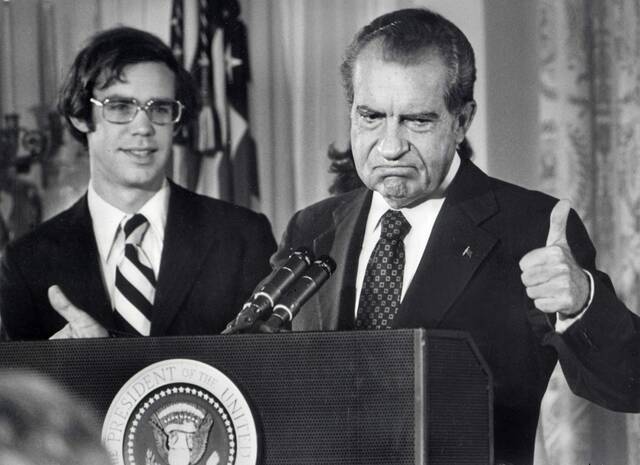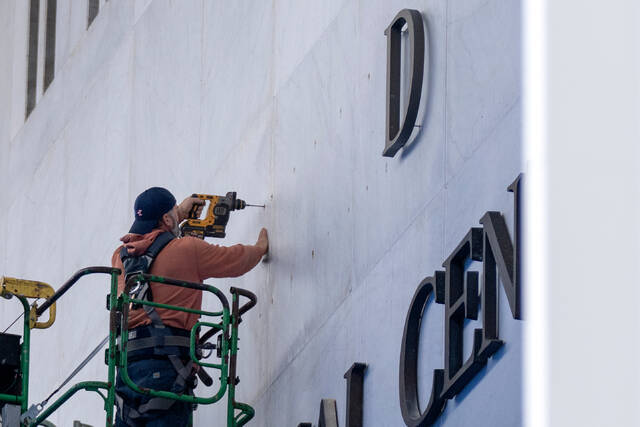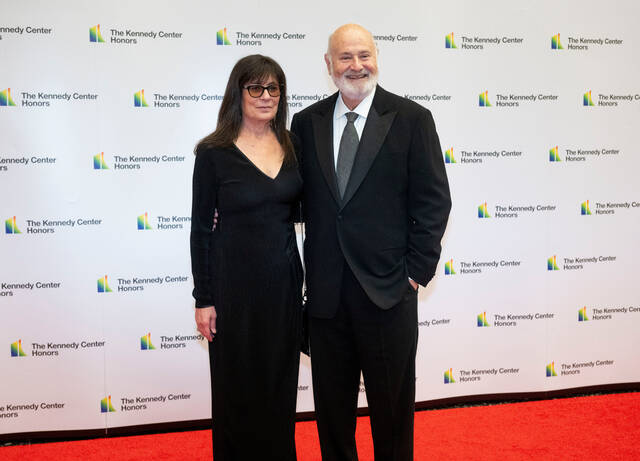If you wonder why some Americans are divided and isolated these days, think about all the places like Frank’s Barbershop in New Kensington that are no longer there, places where folks got together for the sake of being together.
Tony Buba, the great independent filmmaker from Braddock, shows us what that was like with “The Barber of New Kensington,” his new short film about the late Frank Costantino, who was still cutting hair at age 96.
Cicero captured part of what went on at Frank’s when he said, “Nihil agere delectat” — it is pleasant to do nothing — acknowledging the simple pleasure of idleness. But Frank’s shop was more than that, much more than just a place to pass the time or get a haircut.
The regulars came every week, sitting along the wall, kibitzing and jibing in that easy way of old friends, as Frank cut hair. Somebody would bring the doughnuts and there was a coffee fund, the subject of a weekly good-natured controversy over who pitched in and who forgot.
There might be a doctor, a lawyer, an educator and an executive, a few retired factory workers and a couple of guys who went away for a while and never talked about what they do now. They were all the same at Frank’s.
And every week, they retold some of the same old lies and caught up on the local scuttlebutt, but mostly they checked in and kept track of each other. They talked about their families and doctors’ visits and the next big game and local politics. That is what it means to belong to a place.
The heart of any community depends on the connections made and nurtured at barbershops, church services, civic clubs, PTA meetings, labor unions and Little League games. These community institutions provide the glue for places that are making it, and towns that are fighting to come back are trying to recreate those places.
In his recent book, “Alienated America: Why Some Places Thrive, Why Others Collapse,” Timothy P. Carney trumpets these connections. In rich towns and poor towns, what matters most is whether the people who live there come together as a “village.”
And where the American Dream appears to be dead, Carney says it is because “much of America has been left abandoned, without the web of human connections and institutions that make the good life possible.”
Tony Buba’s films show us what those human connections look like. Tony has done it all in filmmaking, from acting in George Romero’s movies to creating his award-winning series of “Braddock Films,” which chronicles the struggles of our old mill town, its rich past and the people who are still there and who will not give up.
While Tony’s films are often about desperate places, they are not stories of despair. Even towns that have hit a rough patch can be communities or villages, as long as they have people who believe in themselves, look out for each other and help where they can in that quiet neighborly way.
It was that way at Frank’s Barbershop. Every Saturday.








